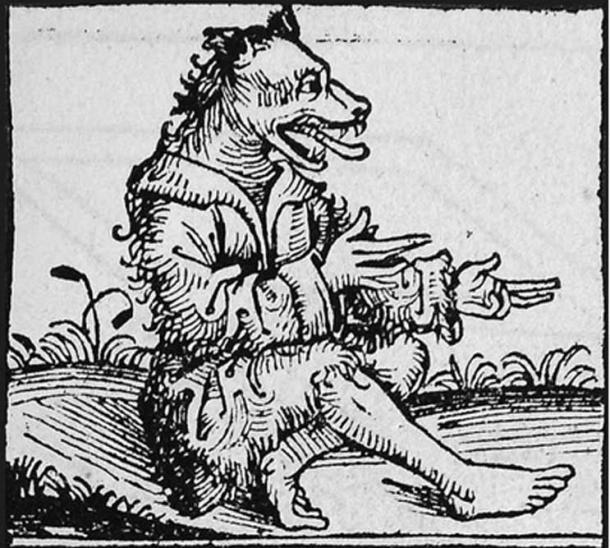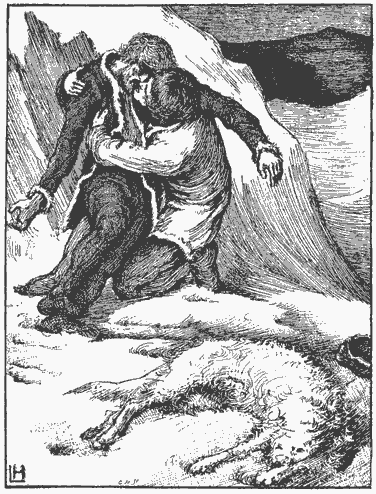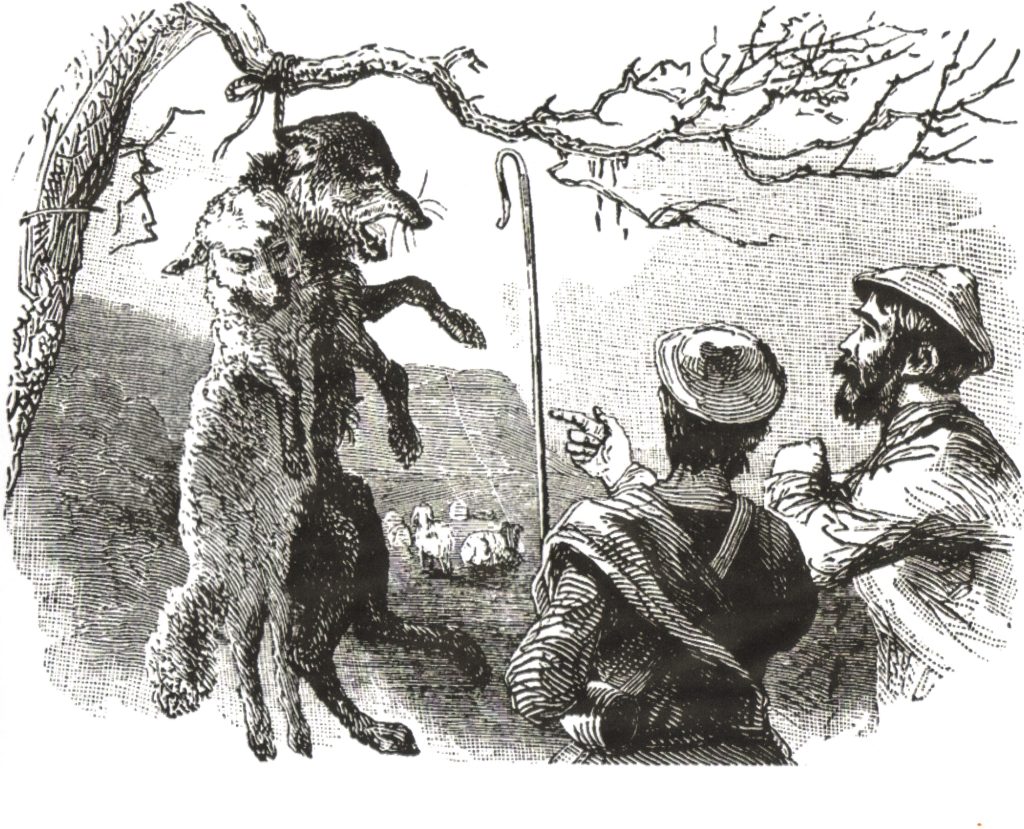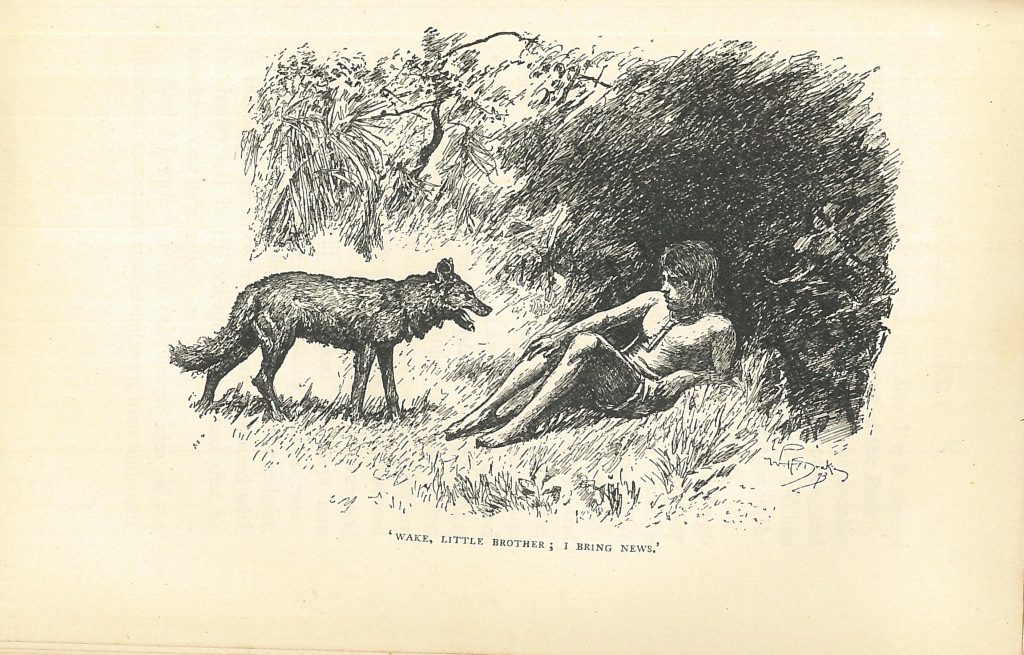
Poster and programme
You can download a very attractive A3 poster and programme, specially designed for us by Julie Allington at Grays Associates, Sheffield. © 2023.
OGOM research on wolves, werewolves and wild children
‘The Company of Wolves’: Sociality, Animality, and Subjectivity in Literary and Cultural Narratives—Werewolves, Shapeshifters, and Feral Humans conference, University of Hertfordshire, 2015
In the Company of Wolves: Wolves, Werewolves and Wild Children book
Gothic Studies ‘Wolves and Wildness’ special issue
A comprehensive reading list of sources and stories of wolves, werewolves and wild children, together with background reading:
Bibliography
A timeline and excellent resource for finding primary material on wolves, werewolves and wild children, showing key events and writings:
Timeline
Our education pack, developed for for sixth-formers, that serves to introduce students to the analysis of literature and the ethics of the representation and treatment of the wolf:
Redeeming the Wolf: Educational Pack
Werewolf stories

Blackwood, Algernon and Wilfred Wilson, ‘The Wolves of God’, in The Wolves of God, and Other Fey Stories, pp. 1-26
—— ‘Running Wolf’, in The Wolves of God, and Other Fey Stories, pp. 22-73
—— The Wolves of God, and Other Fey Stories (New York: E. P. Dutton, 1921) <https://gutenberg.org/cache/epub/38310/pg38310-images.html>
Field, Eugene, Second Book of Tales, ill. by W. H. W. Bicknell (New York: Charles Scribner’s Sons, 1911) <https://gutenberg.org/files/21809/21809-h/21809-h.htm#chap16>
Housman, Clarence, The Were-Wolf, ill. by Laurence Housman (London: John Lane at the Bodley Head; Chicago: Way and Williams, 1896) <https://gutenberg.org/cache/epub/13131/pg13131-images.html>
Marks, Jeanette, ‘The Werewolf’ [translation of Biscravlet?], in Early English Hero Tales From 600 to 1340 (New York and London: Harper & Brothers, 1915), pp. 68-74 <https://gutenberg.org/cache/epub/53723/pg53723-images.html#VIII>
Marryat, Frederick, ‘The White Wolf of Hartz’, in The Phantom Ship <https://gutenberg.org/cache/epub/12954/pg12954.html>
Middleton, Thomas, ‘T’he Abbot of Basingwerke, or the Wehr Wolf of Longdendale’, in Legends of Longdendale (Hyde: Fred Higham, Printer and Bookbinder, ‘Cheshire Post’ Office, Clarendon Press, 1906) <https://gutenberg.org/cache/epub/41108/pg41108-images.html>
William of Palerne, in The Red Romance Book, ed. by Andrew Lang (London and New York: Longmans, Green and Co., 1921) <https://gutenberg.org/cache/epub/24624/pg24624-images.html>
‘The rabbi whose wife turned him into a werewolf’, C. F. F.: Center of Folktales and Folklore <http://folkmasa.org/masa/a193e.htm> [Jewish folktale]
Reynolds, George W. M., Wagner, the Wehr-Wolf <https://gutenberg.org/cache/epub/27202/pg27202-images.html>
‘The Werewolf’, in The Swedish Fairy Book, ed. by Clara Stroebe, trans. by Frederick H. Martens, ill. by George W. Hood (New York: Frederick A. Stokes Company, 1921), pp. 76-92 <https://gutenberg.org/files/37193/37193-h/37193-h.htm>
On the werewolf

Baring-Gould, Sabine, The Book of Were-Wolves, <https://gutenberg.org/ebooks/5324>
George, Sam, ‘Why we should welcome the return of “Old Stinker”, the English werewolf’, The Conversation, 30 October 2016 <https://theconversation.com/why-we-should-welcome-the-return-of-old-stinker-the-english-werewolf-67797>
Hamel, Frank, Human Animals (New York: Frederick A. Stokes Co., 1915) <https://gutenberg.org/cache/epub/40772/pg40772-images.html>
O’Donnell, Elliott, Werewolves (London: Methuen, 1912) <https://www.gutenberg.org/files/26629/26629-h/26629-h.htm>
Stewart, Caroline Taylor, The Origin of the Werewolf Superstition (New York: University of Columbia Press, 1909) <https://www.gutenberg.org/ebooks/44134>
Wild children sources

Itard, Jean Marc Gaspard, An Historical Account of the Discovery and Education of a Savage Man, Or of the First Developments, Physical and Moral, of the Young Savage Caught in the Woods Near Aveyron, in the Year 1798 (London: Richard Phillips, 1802) <https://archive.org/details/anhistoricalacc00itargoog>
Lane, Meghan, ‘Who was Peter the Wild Boy’, BBC News Magazine, 8 August, 2011 <https://www.bbc.co.uk/news/magazine-14215171> [accessed 1 August 2015]
Robinson, Mary, ‘The Savage of Aveyron’ <https://digital.library.upenn.edu/women/robinson/other/rmd-aveyron.html>
